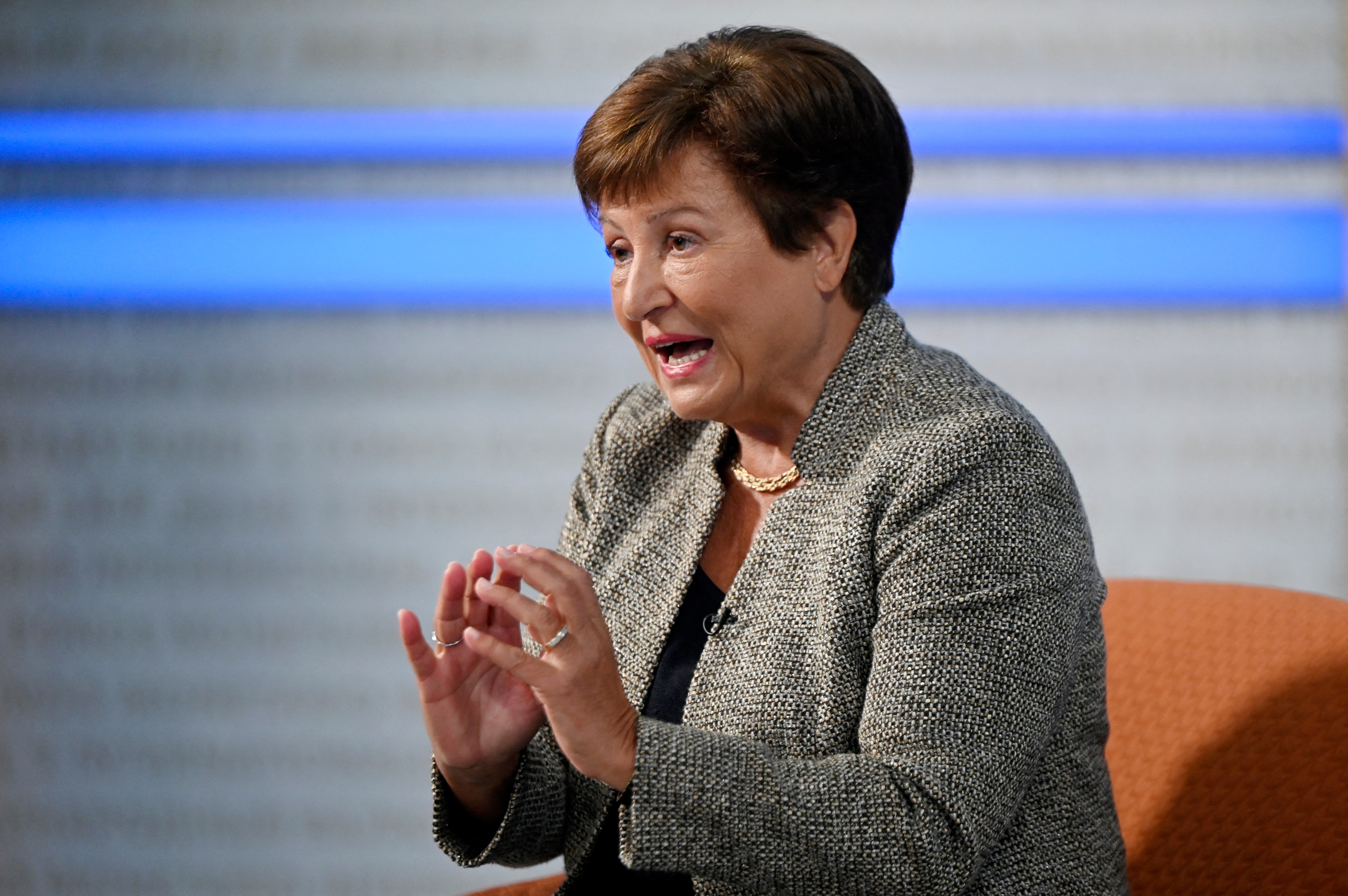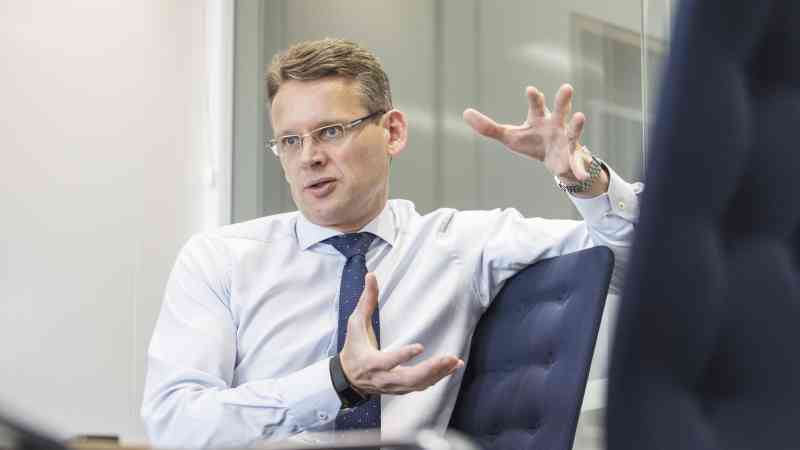AI could trigger a financial crash, Davos delegates warned
The threat of artificial intelligence stoking greater inequality and sparking a financial crash provided a stark background to discussions as business leaders, regulators and policymakers gathered in Davos.
Twin warnings about the potential threats of AI from the International Monetary Fund and the powerful Basel banking committee helped to set a cautious tone as 2,800 delegates arrived at the Swiss resort.
The IMF predicted that about 60 per cent of jobs in advanced economies such as Britain would be affected by machine learning, with negative impacts for about half of them. The losers could be faced with lower salaries, reduced hiring and some jobs disappearing altogether, it said in a report timed to coincide with the World Economic Forum meeting.
While business leaders largely have seized on the positives of how AI could boost productivity and how it could give those that embrace the technology a competitive edge, the IMF pointed to more troubling outcomes as well.
Kristalina Georgieva, its managing director, said: “We are on the brink of a technological revolution that could jump-start productivity, boost global growth and raise incomes around the world. Yet it could also replace jobs and deepen inequality.
“In most scenarios, AI will likely worsen overall inequality, a troubling trend that policymakers must proactively address to prevent the technology from further stoking social tensions.”
Pablo Hernández de Cos, chairman of the Basel Committee on Banking Supervision, also raised the danger of AI becoming a force for harm, suggesting that it could lead to problems such as financial instability.

AI could lead to “issues that, if not properly managed, could change the course of history not necessarily for the good”, he told the Financial Times before the meeting. Central banks and financial regulators needed to come up with a co-ordinated response to the threat, said De Cos, who heads the Bank of Spain.
The warnings came as research from PwC claimed that Britain’s bosses were adopting generative AI at as much as four times the rate of leading European rivals. Just over 40 per cent of British chief executives had implemented the technology in the past year, compared with 9 per cent of German bosses and 20 per cent of those in France, it said.
In the United States, 38 per cent of chief executives said that their companies were using the technology, according to PwC’s 27th annual CEO Survey. The only countries that had adopted generative AI faster than Britain were Norway, at 53 per cent, Japan, at 50 per cent, and Finland, at 49 per cent.
Generative AI analyses the patterns and structure of text, images or other media and can then generate new data with similar characteristics. Octopus, the energy company, revealed last year that generative AI was achieving higher customer satisfaction ratings than human beings when responding to customer emails, only 16 weeks after it had been deployed.
Writing in The Times today, Kevin Ellis, senior partner at PwC UK, argues that we should not “underestimate the strength of the UK’s services sector and the role it can play in the GenAI revolution”.
He adds: “California may have an edge on building technology models, but there’s a huge opportunity to apply them to different businesses — and ensure people have faith in them.”
PwC’s annual global CEO survey was released on the fringes of Davos. The accounting and consultancy firm surveyed 4,702 chief executives in 105 countries.
A new study by Deloitte found that executives felt they were under pressure to quickly squeeze value from AI investments, so that there was more emphasis on how it could cut costs rather than boost innovation or hatch new ideas.
“We’re in the early days of a major technological transformation, with Gen AI beginning to drive a wave of innovation across industries,” Joe Ucuzoglu, Deloitte’s global chief executive, said. “The speed, scale and use cases of Gen AI are breathtaking. Business leaders are under an immense amount of pressure to act, while ensuring appropriate governance and risk mitigation guardrails are in place.”
More than half of respondents expected widespread use of generative AI to centralise power in the global economy (52 per cent) and to increase economic inequality (51 per cent). Additionally, 49 per cent of respondents believed the rise of Gen AI tools/applications would erode the overall level of trust in national and global institutions.
Dan McQuillan, a lecturer at Goldsmiths University and a sceptic about the benefits of AI, issued a fresh warning, saying that it would lead to “more occasions where computing and bureaucracy combine to mangle the lives of ordinary people, but scaled in ways that make Horizon’s harms [the system at the heart of the Post Office scandal] look like small beer.”






